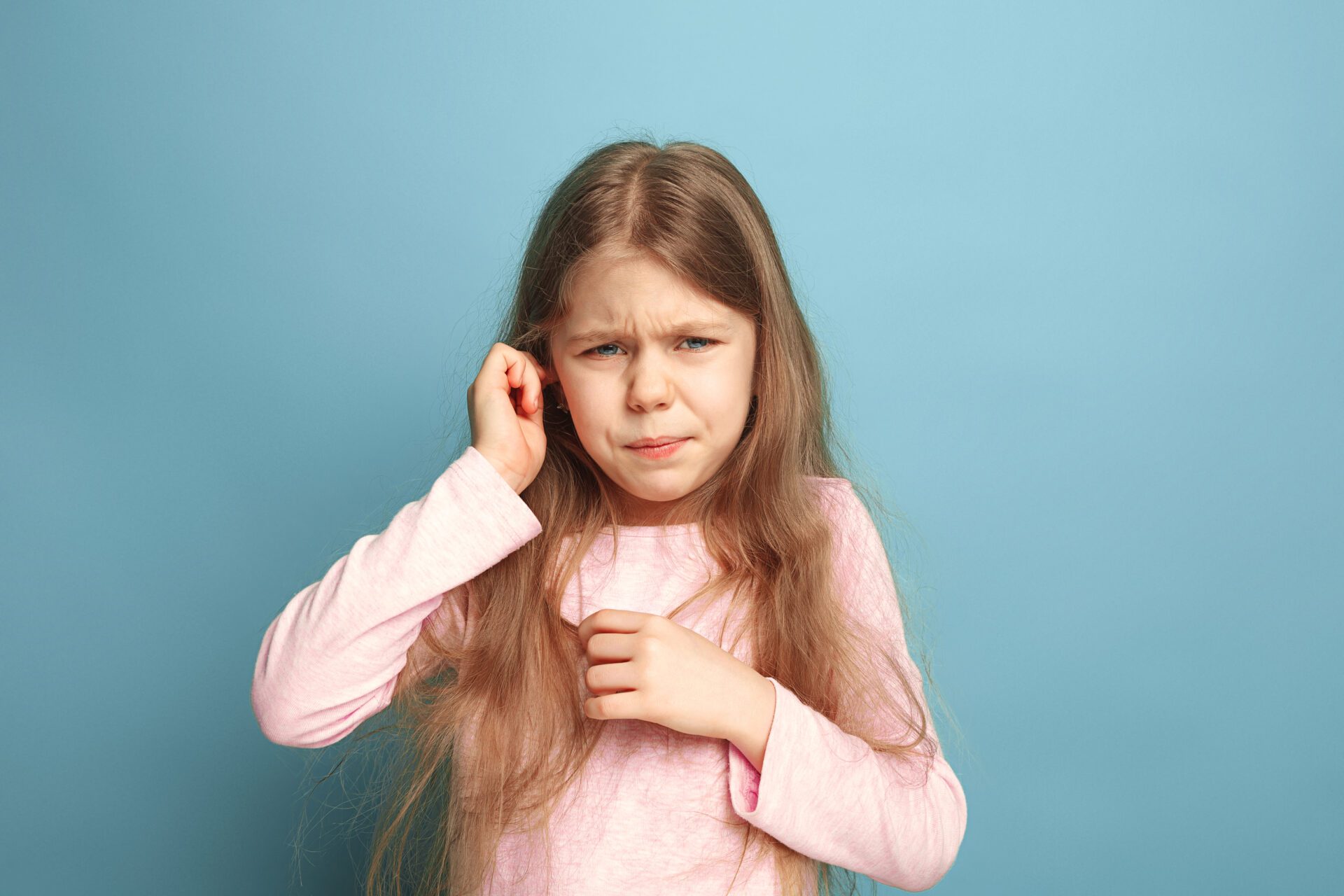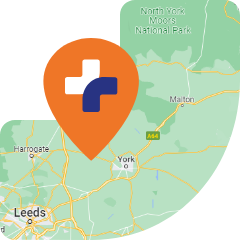What is an earache?
Earache is a common condition, especially in children. It can cause pain, but it is not usually anything serious. In young children, earache is often linked to an ear infection. Earache can affect one or both of the ears, and the discomfort can start to subside in just a few days.
What are the symptoms of earache?
The symptoms of earache can include:
- A sharp, dull or burning sensation in the ear that comes and goes, or it can be constant
- A feeling of fullness or pressure inside the ear
- Irritability or restlessness
- Balance issues
- A high temperature
If you have an ear infection, you may also experience:
- Discharge running out of the affected ear
- A lack of energy
- Difficulty hearing
- Vomiting
Some signs of an ear infection in children include:
- Loss of balance
- Pulling, tugging, or rubbing their ear
- Irritability, poor feeding, or restlessness at night
- Coughing or a runny nose
- Raised temperature
- Unresponsive to quiet sounds
Who qualifies for a Pharmacy First Earache condition appointment?
- Patients registered with a GP
- Individuals with the symptoms listed above
- Ages 1 year to 17 years
What are the causes of earache?
There are many reasons why you might develop earache, but it can be difficult to pinpoint exactly what has caused it.
Some of the causes of earache can include:
- An ear infection as a result of a sore throat, cold or the flu
- Earwax build-up
- A perforated eardrum
- Otitis externa (also known as “swimmer’s ear”)
- Glue ear
- Teething in young children
How to prevent an earache
There are things you can do to keep your ears healthy and avoid developing earache, such as:
- Avoid putting anything inside your ears, including cotton buds and your fingers
- Do not try to remove ear wax yourself – let it fall out on its own or use our ear wax removal service
- Avoid getting water in your ears, especially when showering or swimming
- Practise good hygiene habits to avoid catching an illness that may develop into an ear infection, such as washing your hands regularly
How to treat earache
It is possible to treat mild earache yourself at home.
For example, you can take painkillers, such as paracetamol or ibuprofen, to alleviate your symptoms. You can also try placing a warm or cold compress to the affected ear to soothe the discomfort.
If your earache does not subside, or your symptoms worsen, you may need treatment, such as medicine for an ear infection.
How can Pharmacy+Health help?
If you or your child are struggling with the discomfort of earache, or you think you need treatment for earache, don’t hesitate to speak to the team at your local Pharmacy+Health.
Under the Pharmacy First service, our team of highly trained and experienced pharmacists are able to assess your symptoms to recommend the most suitable type of medication for earache, as well as a range of treatments for ear infections. You can speak to our pharmacists in complete confidence,
Through the NHS Pharmacy First service, we are able to offer effective medicine for earache, such as medicated ear drops and sprays, as well as prescription-only treatments, including antibiotics for ear infections where clinically appropriate, without you needing to see your GP first. This means you can spend less time in the waiting room and focus on feeling better.
Find your local Pharmacy+Health branch today.
Book a pharmacy first appointment today
Our fully qualified healthcare experts are here to help you if you or your child suffer from eczema. We provide consultation appointments and treatments for eczema and many other common health conditions. Our expert pharmacists provide clinical advice and will recommend the most suitable treatment for you.
So, for information, advice and eczema treatment, book a pharmacy appointment with us today. We’re here to make accessing healthcare quicker, easier and more convenient.
![]()




